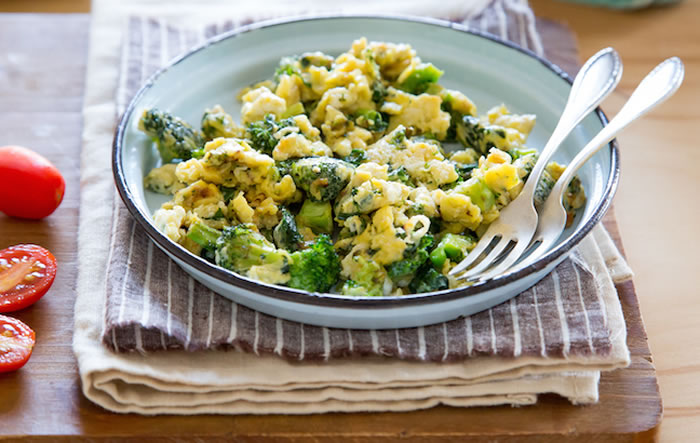Vegan Diet and Sports Performance

Athletes who follow a vegan diet can show increases in sports performance similar to those who consume meat. Many athletes have shown improvements in energy levels, recovery time and overall sports performance. However, it can be a slow transition therefore sports performance may be affected in the first few months.
Can it affect muscle growth and recovery?
Active individuals need an adequate level of protein in their diet in order to maintain muscle mass. If they are eating a varied and well balanced diet then they should be fine. However, for athletes who train at a higher-level then protein supplementation would be beneficial.
How can a vegan athlete ensure they are consuming the appropriate amount of protein?
Most studies suggest around 1.3-1.8 grams of protein per kilogram bodyweight. To ensure an athlete is consuming enough protein they should try to eat at the higher end of the range, especially if they are competing in ultra endurance based sports. Nuzest's Clean Lean Protein is a great source of vegetable protein. Made from European golden peas and easily digested it provides a 'complete' protein essential for recovery and repair.
If someone changes from a meat diet to a vegan diet, what nutrients might they find hard to source from plants? And how can they ensure they are still eating them?
The main nutrients that might be harder to source are iron, vitamin B12 and zinc. Vegetable food sources contain a 'non-haem' iron and meat based foods contains 'haem' iron which is more easily absorbed and has a greater bio-availability. Even a small deficiency of iron can reduce an athlete's performance therefore some athletes especially females might need supplementation. Vitamin B12 and zinc from animal sources are more absorbable therefore levels might need to be increased with a supplement. Some good plant based sources include: dark leafy veggies: spinach & kale, dried beans, peas, lentils, tofu, fortified breakfast cereals, nuts & seeds, dried fruit and prune juice. Foods high in vitamin C can enhance the absorption of non-haem iron when consumed together.
What are some of the challenges that performance athletes in particular face when eating exclusively a plant based diet?
The main challenge that performance athletes face when consuming a plant based diet is that plant foods tend to be lower in kilojoules. Athletes need to be committed to meeting their daily energy needs by ensuring they have a well structured nutrition plan. This is where the help of a qualified nutritionist would be ideal.
Is there any kind of sport or training, such as weight lifting, that requires a meat-based diet? Would you recommend athletes participating in that sport to eat meat and avoid veganism?
No, a meat-based diet is not necessary more beneficial for certain sports. If an athlete chooses a vegetarian sports diet for their training and competition they can obtain all the nutrients they need. They may need a higher amount of carbohydrate levels to meet the caloric needs or extra protein requirements for the more serious weight lifting, bodybuilding or strength based sports, and this is where the use of protein shakes such as Nuzest would be suitable.
What are the benefits and draw backs in general (as opposed to a high performance athlete) associated with veganism?
Many individuals have shown a variety of health benefits after following plant-based diet; including higher energy levels, improved digestion, mental clarity and alertness. By eating a plant based diet you are consuming a higher amount of antioxidants from vegetables and fruit, which means a stronger immune system, better digestive system and consequently less sick days.
The main draw backs in consuming a vegan diet is making sure individuals eat a mixture of different plant based proteins in order to build a 'complete' protein (including all essential amino acids) and meet other vitamin/mineral levels. This does require choosing protein sources and complementary mixtures of high quality plant proteins.




